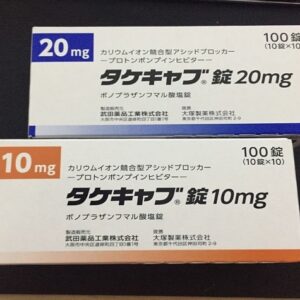Acid Blocker
An acid blocker is a type of medication that helps reduce the production of stomach acid. These drugs are commonly used to treat conditions related to excessive stomach acid, such as gastroesophageal reflux disease (GERD), peptic ulcers, and heartburn. Acid blockers work by inhibiting the action of gastric acid-producing cells in the stomach lining.
There are different classes of acid blockers, including:
- Proton Pump Inhibitors (PPIs): These drugs block the proton pump in the stomach lining, which is responsible for producing stomach acid. Examples include omeprazole, esomeprazole, lansoprazole, and pantoprazole.
- H2 Blockers (H2 Receptor Antagonists): These drugs work by blocking histamine receptors in the stomach lining, which reduces the production of stomach acid. Examples include ranitidine, famotidine, and cimetidine.
- Antacids: While not traditional acid blockers, antacids can also help neutralize stomach acid. They work by directly neutralizing the acid in the stomach. Common antacids include Tums, Rolaids, and Maalox.
These medications are available over-the-counter or by prescription, depending on the strength and type of acid blocker. It’s important to use acid blockers under the guidance of a healthcare professional, as prolonged and indiscriminate use may have side effects and potential risks.
Showing the single result

